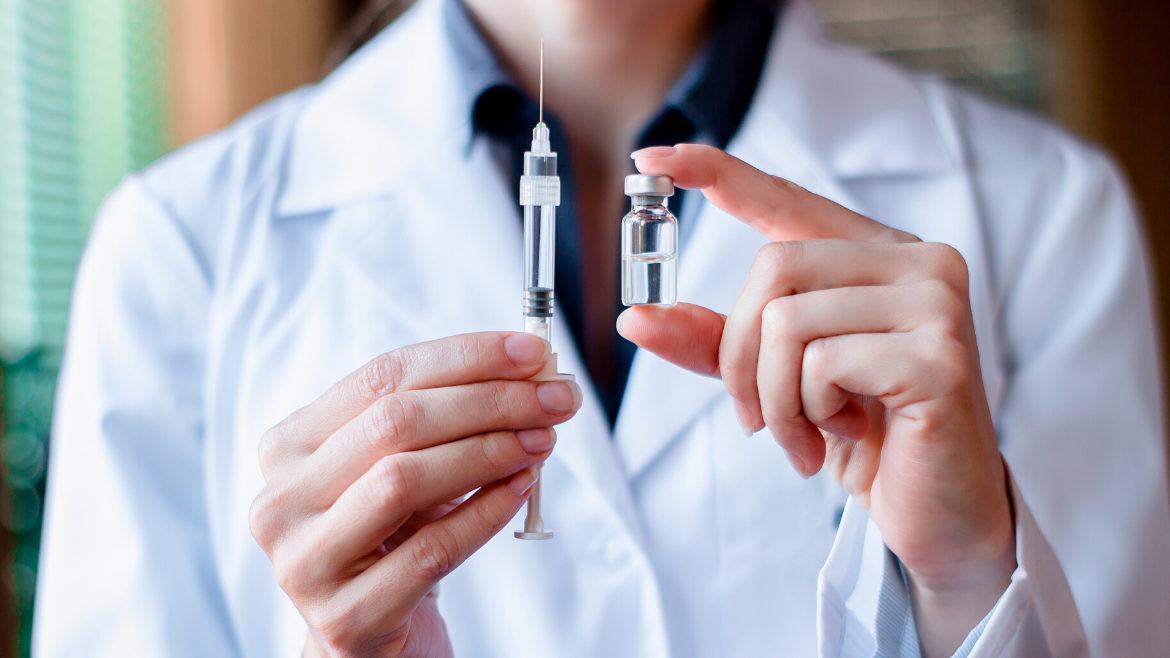Vaccination is our best hope for stopping the coronavirus pandemic in its tracks. But producing safe, effective and globally accessible vaccines within the next 12 to 18 months is not only a scientific challenge: new levels of collaboration and investment across industry and government will be essential.
This pandemic is the biggest public health threat that humankind has faced in a century. It is wreaking havoc on societies and economies and it is an acid test for public-private partnerships. We need to move fast to unleash the funding required to develop vaccines.
Delivering covid-19 vaccines for the world—at record speed—will take a collective effort. We must combine the resources and expertise of academia and the private sector with the ability only governments have to mobilise the political will and amass the large sums of money that will be required.
No therapies to prevent or treat covid-19 are available, but research is advancing at a breakneck pace. The private and public sectors must now collaborate to ensure the best and fairest use of new products—wherever they come from—when they arrive.
In the case of vaccines, this means pursuing multiple approaches across both established and new technologies rather than trying to pick one or two “winners” prematurely since many candidate vaccines will inevitably fall by the wayside.
Given the threat posed by covid-19 we must regard vaccines as a global good: a shared resource that is deployed for the good of all irrespective of a country’s ability to pay. Given the global threat posed by covid-19 and the universal, simultaneous need for a vaccine, the world must devise a globally fair allocation system to ensure that healthcare workers and the most vulnerable segments of the world’s population get priority access.
Today, exceptional science is being done around the world. Researchers have been working around the clock to produce vaccine candidates ever since the genome of the new virus was sequenced in January 2020. The good news is this has yielded a flood of more than 90 promising candidates. Now this effort must be buttressed by large-scale public-sector assistance to optimise clinical trial procedures and scale-up manufacturing capacity—something that involves risky upfront investments before any product is approved.
The Oslo-based Coalition for Epidemic Preparedness Innovations (CEPI) provides a platform to deliver just this kind of private-public co-operation. The coalition was initially set up in 2017 after West Africa’s deadly Ebola epidemic to accelerate work on vaccines against emerging infectious diseases.
CEPI—a partnership of governments, industry and philanthropies—has a clear roadmap to accelerate covid-19 vaccine development at an estimated cost of US$2bn over the next 12-18 months. Financial support from the UK, Germany, Norway, Denmark and Finland has brought in around US$660m. Closing the remaining financing gap is imperative if we are to stay on track.
Vaccine development is complex and expensive. Rates of attrition are high. We need multiple candidates to ensure that we can produce safe and effective vaccines. My organisation estimates that a large part of the US$2bn will be needed by the middle of this year to develop eight vaccine candidates through initial phase 1 testing, prepare for phase 2/3 trials and to invest in manufacturing processes for up to six candidates.
Assuming one or more of these candidates succeeds, there will then be a huge global demand requiring unparalleled efforts to harness manufacturing capacity and distribution networks.
Last month, G20 leaders pledged to support the global effort against covid-19, including contributing to this vital vaccine work. The message could not be clearer: now is the time for governments and industry to join forces to fight back against this deadly disease.




